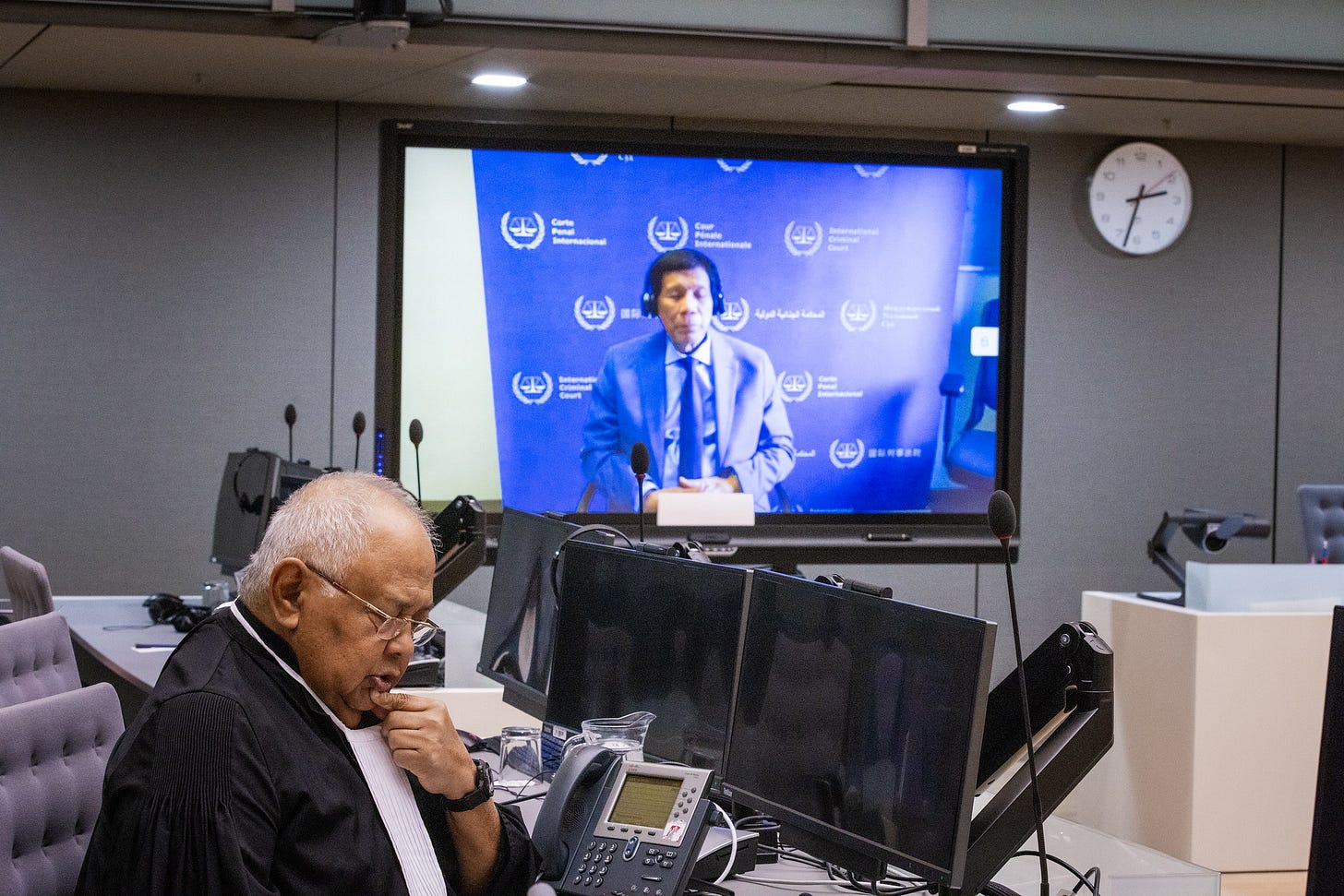Stop, Look, and Listen #45
A round-up of what I have been reading and listening to this past week.

Please support my work by becoming a free or a paid subscriber to the newsletter. Paid subscribers can access my full archive of posts at any time, and are vital to me being able to continue producing and expanding this newsletter.
This post is part of the newsletter’s ‘Stop, Look, and Listen’ series, a digest of articles and podcasts that I’ve found engaging and insightful over the past week.
Content warning: Anti-Blackness.
Keep reading with a 7-day free trial
Subscribe to The Academic Bubble to keep reading this post and get 7 days of free access to the full post archives.



